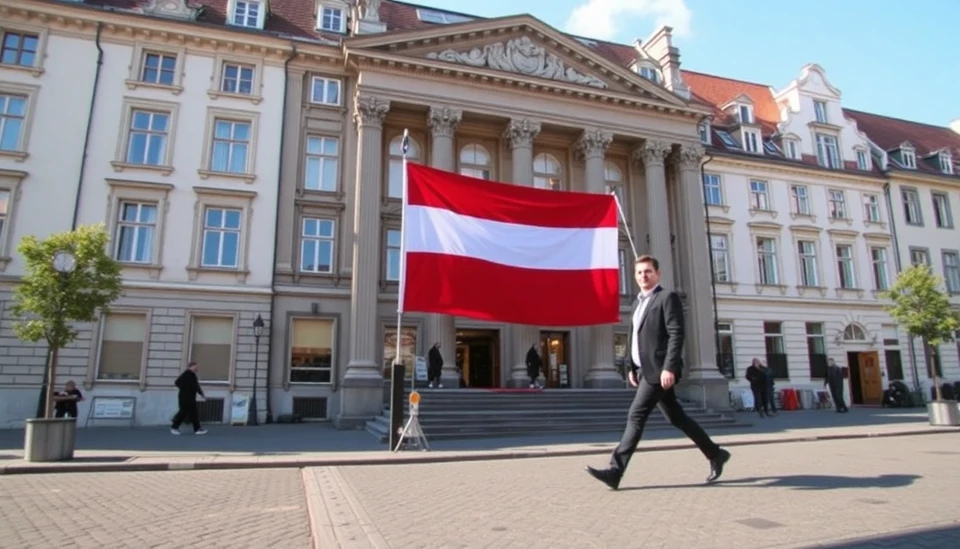
In a surprising turn of events, the Czech Republic has reported a notable increase in inflation, raising speculation regarding the Czech National Bank's (CNB) potential decisions regarding interest rates. This latest data, released recently, indicates that inflation rose to 9.5% in October, up from 9.4% in September, marking the fastest growth of consumer prices in Czech history since 1998.
The uptick in inflation can be largely attributed to rising energy prices and higher costs of goods, which pose significant challenges for the Central Bank. Analyzing the impact of this inflationary pressure, experts suggest that the CNB is faced with a critical dilemma: whether to pause their rate-cutting strategy or take further action to manage the economy. Currently, the bank's key interest rate sits at 7%, and while there is a desire for monetary relief amid tumbling inflation expectations, the latest figures have sparked discussions on whether the bank can afford to maintain a dovish stance.
Further complicating the CNB’s decision-making is the potential for external influences, such as global economic conditions and the actions of other central banks. Inflation rates are not only affected by domestic factors but also by international commodity prices and supply chain dynamics, both of which have shown volatility in recent months. Consequently, the central bank's policymakers are considering all avenues while conducting their assessments.
The CNB's recent communication suggested a more cautious approach might be warranted in light of the resurgence in inflation. Some analysts believe that an immediate rate cut could risk reigniting inflation, while others argue for a more aggressive stance to stimulate economic growth. The divergence in opinions within the financial community underscores the uncertainty surrounding the future trajectory of monetary policy in the Czech Republic.
As the Central Bank deliberates over its next steps, many are closely monitoring the situation, considering its implications not just for Czech consumers, but also for businesses and the wider European economy. The developments are bound to have a ripple effect, so strategic communication from the CNB will be crucial in shaping public and investor confidence going forward.
In conclusion, while growth prospects remain uncertain due to the pressures of inflation and wider economic factors, the coming weeks will be pivotal for the Czech National Bank. It appears that their decisions will greatly impact the financial landscape of the Czech Republic and potentially influence economic conditions throughout Central Europe.
#CzechRepublic #Inflation #CentralBank #EconomicNews #InterestRates #CzechEconomy
Author: Daniel Foster




